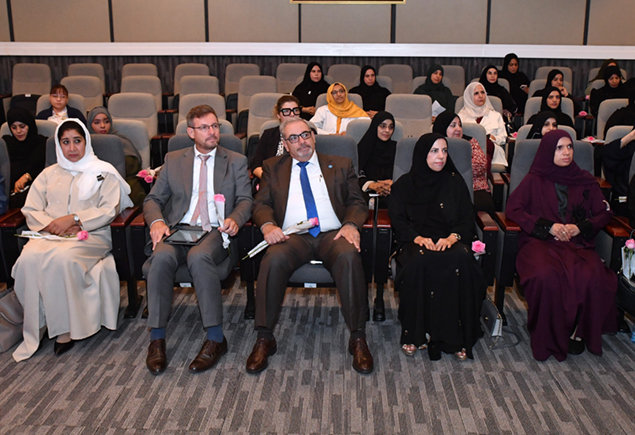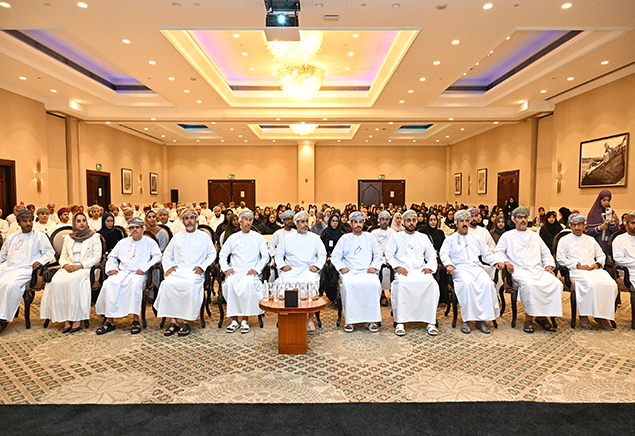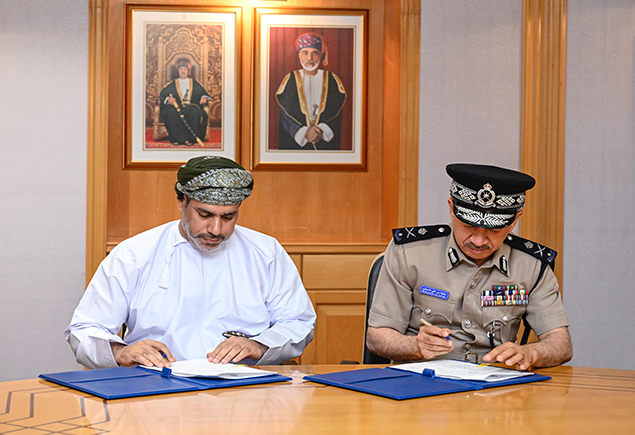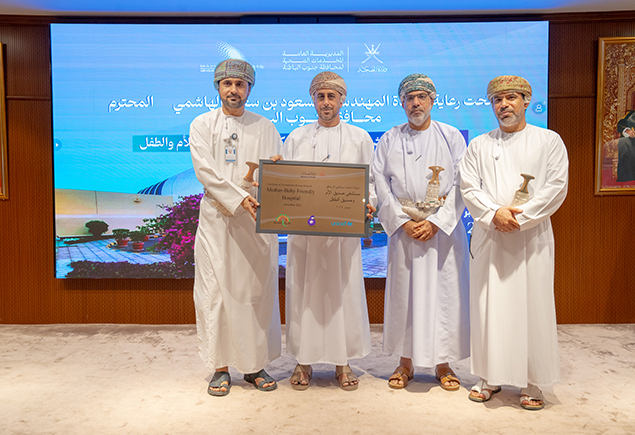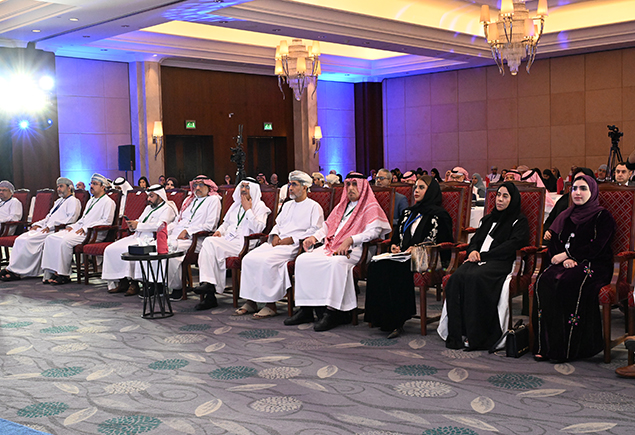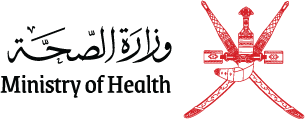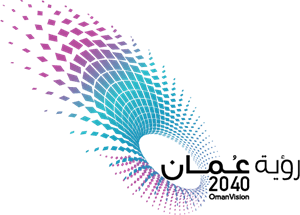In recognition of the vital role midwives play in safeguarding the health of mothers and newborns—especially during times of crisis—the Sultanate of Oman celebrated today (Monday) the International Day of the Midwife 2025 under the theme "Midwives: Critical in Every Crisis." The event was organized by the Ministry of Health, represented by the Directorate General of Health Services and Programs, and the National Center for Women and Children’s Health, in collaboration with the United Nations Population Fund (UNFPA).
The event was attended by H.E. Jocelyn Fenard, UNFPA Representative to the GCC, resident in Oman; H.E. Dr. Jean Jabbour, WHO Representative in Oman; and Dr. Badriya Mohsin Al Rashdiya, Director General of Health Services and Programs; along with a number of ministry officials.
Participants included healthcare professionals, midwives, healthcare specialists, academic experts, and decision-makers from both public and private sectors.
In her speech, Dr. Badriya Al Rashdiya emphasized Oman's continued commitment to strengthening the role of midwives within the national healthcare system. She highlighted that this day honors midwives across Oman for their tireless efforts, stressing that midwives are an essential part of the healthcare framework and that the country is dedicated to supporting them with the training and resources they need to ensure high-quality, compassionate care for mothers and newborns in all circumstances.
Discussions during the event focused on the crucial role of midwives in addressing the needs of women during crises, highlighting key issues such as limited access to basic healthcare services, increased gender-based violence, and health complications during emergencies. Indeed, Midwives are recognized for ensuring safe births, providing pre- and postnatal care, and offering psychological and social support for mothers under challenging conditions.
The event further emphasized the role of midwives in raising community awareness about the importance of breastfeeding and delivering family health consultations in difficult situations, showcasing their commitment to sustainable and humane healthcare even during extraordinary times.
A key feature of the event was a panel discussion among academic experts, decision-makers, and health organizations. The session allowed for the exchange of best practices in crisis midwifery. Particular attention was paid to the impact of natural disasters in Oman—such as heavy rains and storms—that can disrupt healthcare services. The importance of collaboration between government entities and the private sector was also stressed to improve midwifery response during emergencies.
In the closing session, several recommendations were presented to strengthen the role of midwives in enhancing healthcare in Oman, especially in emergencies. These included the development of ongoing training programs to ensure midwives are fully prepared to respond to health crises, and the need for better coordination among healthcare institutions like the Ministry of Health, hospitals, and private clinics.
Additional recommendations included improving healthcare infrastructure in remote areas and ensuring the availability of essential medical tools and supplies during crises. Attendees also called for public awareness campaigns to highlight the importance of maternal and newborn care in emergencies and how communities can support midwives under such conditions.
The overall aim of the recommendations was to enhance the humanitarian health response in emergencies by empowering midwives through continued training and support.
